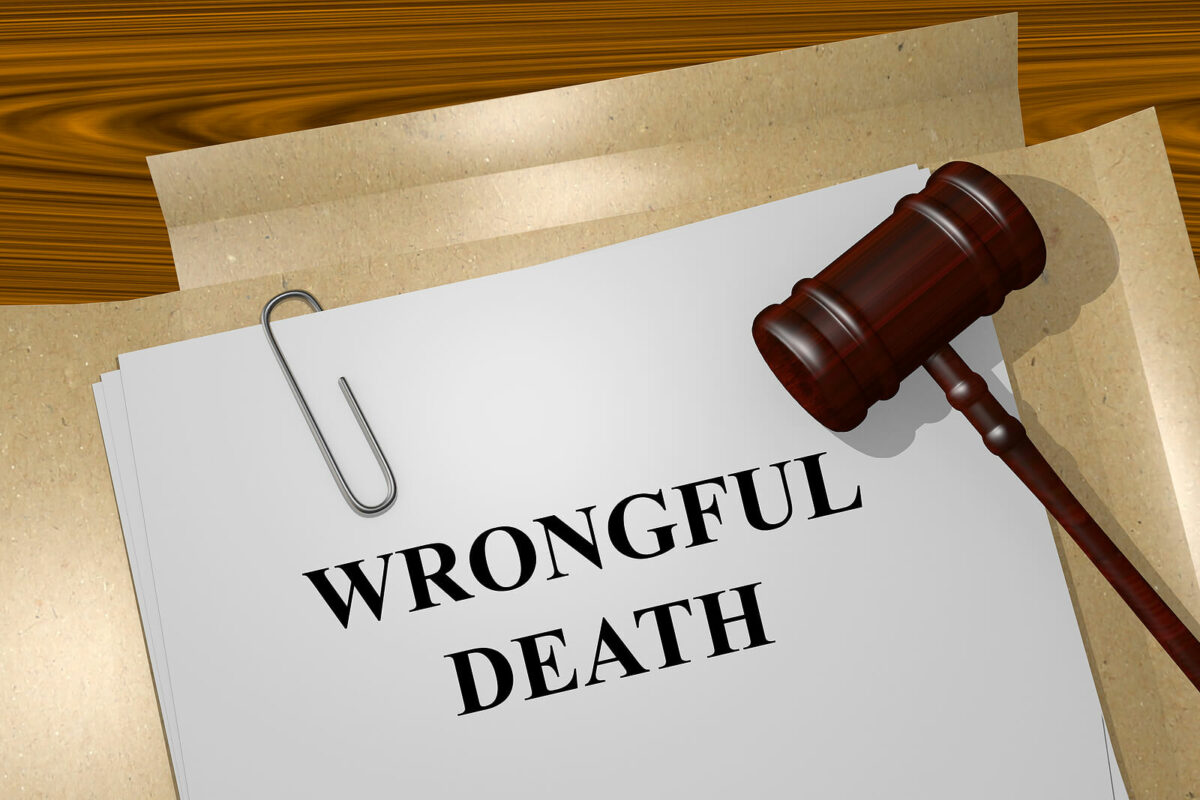A wrongful death lawsuit enables you to take legal action against a person or entity at fault for the loss of a loved one, whether through negligence, an intentional act, or medical malpractice. However, there is a statute of limitation that restricts the amount of time you have to file such a lawsuit in California.
How Does a Wrongful Death Lawsuit Work?
It’s similar to a personal injury lawsuit in that damages are expressed in terms of financial compensation. The deceased’s survivors, if the lawsuit is won, receive payment. But unlike a homicide or other criminal case, a wrongful death claim does not impose jail time or probation on the defendant.
A wrongful death lawsuit is filed in a state civil court by a surviving spouse or domestic partner, child, or grandchild. In California, anyone who can prove they were financially dependent on the deceased can bring a lawsuit. This includes a “putative spouse”, or someone who faithfully (although mistakenly) believed they were in a lawful marriage, children of the decedent’s putative spouse, stepchildren or parents of the deceased, or legal guardians of the decedent.
If a minor child received at least 50% of their financial support from the deceased, they or a personal representative can bring a lawsuit.
What Is the Wrongful Death Statute of Limitation?
Generally, you have two years from the date of the decedent’s death to bring a wrongful death claim. If the cause of death was a car accident, family members of a deceased victim can file a lawsuit up to two years from the date of the accident. But the statute of limitations doesn’t start until the victim has died. For example, if a car accident results in a coma, the clock doesn’t start on the date of the accident, but rather the date of the victim’s passing.
Exceptions to the Rule
Exceptions to the two-year rule include:
- A statute of limitation of three years, from the date of death, applies in medical malpractice cases.
- The statute of limitation does not start until surviving family members discover the victim died (discovery rule).
- A six-month statute of limitation applies if a government entity or party is involved; this applies to accidents at public schools, with government-owned vehicles, or malpractice suits involving publicly run medical facilities.
Another exception applies if a minor sues for the wrongful death of a parent. Rather than two years from the cause of death, such as a work-related accident, they have two years from the day they turn 18 years old. For example, a minor who is 12 when a parent dies can file legal action up until they are 20 years of age.
Otherwise, the two-year statute of limitations applies to cases such as car accidents, pedestrian deaths, drownings, elder abuse/neglect, child abuse/neglect, as well as assault and battery or murder or manslaughter cases.
What If I Miss the Statute of Limitations Deadline?
If you fail to file a lawsuit in time with a state civil court, you’ll most likely lose your right to sue the at-fault entity or party. That is, unless your case falls under one of the exceptions. To improve your chances of a successful claim, it’s best to work with a personal injury lawyer who is familiar with the most current state laws.
Contact The Law Offices of Jacob Emrani
For more information on the wrongful death statute of limitation in California, our Los Angeles personal injury attorney can help. We will help you navigate the legal process and win the financial compensation you need and deserve. Wrongful death claims are notoriously complex. If you depended on the deceased individual for financial and emotional support when they were alive, we work tirelessly to assess the circumstances surrounding the accident and prove the defendant was negligent. Call (888) 952-2952 today to receive a free



